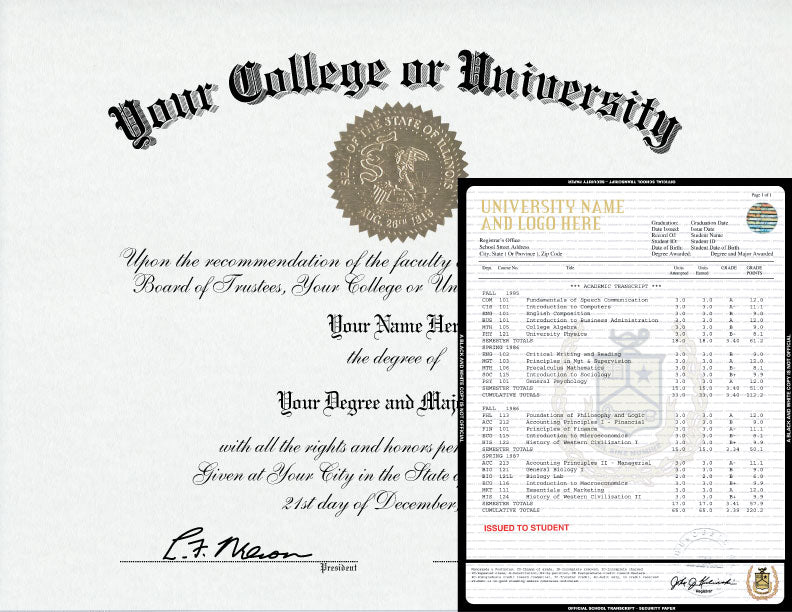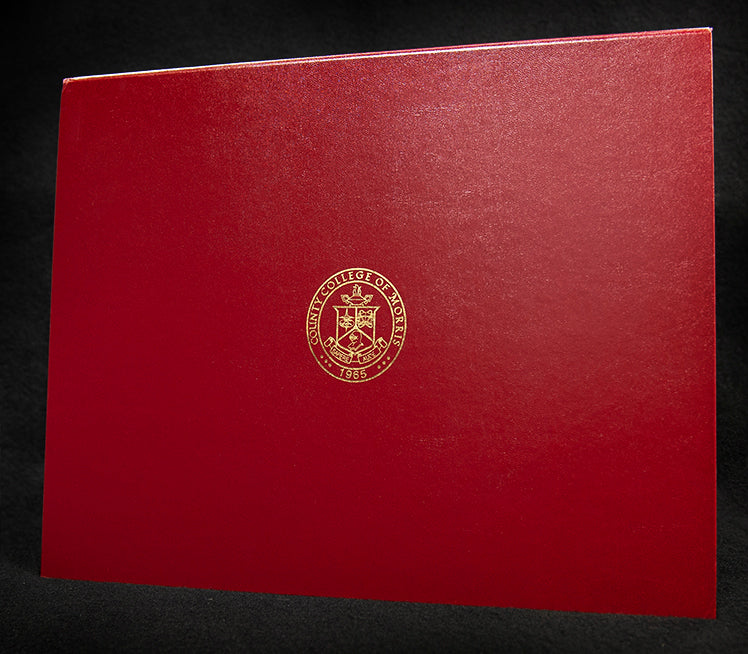How do certificates help convey appreciation in an organization?

When an individual has done something above and beyond the norm, it's normal to acknowledge their feats. Employers, colleagues, and institutions give certificates of appreciation in recognizing accomplishments. These accomplishments can vary from exceeding academic expectations, to completing a skilled course, to an exceptional performance on the job.
Different Types of Appreciation Certificates
Certificates of appreciation are official documents presented to an individual to express gratitude and recognize services. They are often given in recognition of valuable services towards an organization or institution.
To some individuals, certificates of appreciation are nothing more than a piece of parchment. For others, a certificate of appreciation is a humble gesture. They are physical representations that their time, effort, and contributions made towards a club, business, or organization are being valued.
Appreciation certificates come in three main types: academic, professional, and honorary. Each certificate is presented for a different purpose though the reasoning is often the same.

Academic Certificates
Academic Certificates are the most common type and find their uses in education and higher learning institutions. Schools, colleges, and universities present these certificates as academic accolades, accomplishments, and recognition for completing exemplary tasks.
Professional Certificates
Organizations use professional certificates to certify individuals who demonstrate occupational aptitude. Something akin to earning an award for being top of your class or exceptionally completing a difficult course. An employee may also receive a professional certificate for demonstrating loyalty to a company or organization.
Honorary Certificates
Honorary certificate recipients receive the gift of a privileged status or position. Organizations will often bestow these certificates to those who participate in the completion of a junior course (i.e., honorary firefighter).
Appreciation Certificate Formatting
Businesses of all kinds will use certificates to convey their appreciation and gratitude to all those they deem deserving. The reason for these certificates will vary depending on the organization presenting them.
There isn't a standard format for the appearance of an appreciation certificate. Certificates will come in a variety of shapes and sizes. However, certificates of appreciation will contain some of the same elements regardless of the reason they're presented.
Each certificate of appreciation should contain the following:
- Name of the recipient, certificate initiator, and certificate writer
- Reason for receiving the certificate
- A short paragraph indicating why recipient is receiving the certificate
- The date marking when the recipient received the certificate/was acknowledged
When writing a general certificate of appreciation, it is crucial that the certificate be as straightforward, short, and precise as possible. You'll want to follow organizational guidelines, stick to formal wording, and use standard templates when creating a certificate.

Benefits to Presenting a Certificate of Appreciation
Employers, co-workers, and even family members can give these awards on special occasions to mark the recipient's achievements. A certificate of appreciation and recognition can elicit a feeling of accomplishment in the recipient. By presenting a certificate of appreciation, you are conveying to the recipient that you are grateful and appreciative of their contributions.
Making an individual feel connected, meaningful, and appreciated is very important. Certificates can also create a sense of belonging in the recipient that would have otherwise not been present. If an individual deserves appreciation, we can convey this sentiment in a certificate. This shows the recipient that their hard work has not gone unnoticed and that they are a valued part of the team, company, or organization.
Benefits to Receiving a Certificate of Appreciation
Your value has seen recognition and realization through words of praise and a certificate to commemorate the occasion. Receiving a certificate of appreciation can be a fantastic feeling. You can feel proud that all your hard work has culminated in your boss, colleagues, club, or organization acknowledging those efforts.
Morale has seen a boost, and you may feel more motivated to do even better in the future. You're not just another cog in the machine but a valued team member. In turn, your colleagues may also receive a motivational boost knowing that accomplishments generally are not going unnoticed.
Determining a Certificates Authenticity
Spelling errors or lack of an official signature and seal are common ways to detect a fake certificate. An authentic certificate of appreciation will not contain any spelling errors, and the signature of the certificate initiator will be in a specific format. The official seal should include the company or organization's logo and name.
How To Know Who Deserves a Certificate of Authenticity
Any employee, member, or colleague who contributes effort, loyalty, or exemplary service to the club, company, or organization may deserve recognition. When goals and milestones are achieved, you'll want to celebrate and recognize those who helped complete them. A certificate of appreciation will affirm their hard work and acknowledge their success.
A few examples of when a certificate of appreciation might be awarded:
- Delivering exceptional service and results
- Exceeding goals and milestones
- Going above standard requirements and expectations
- Volunteering for additional hours
- Company dedication and loyalty
- Exemplary leadership
- Consistently meeting firm deadlines
Showing Gratitude and Appreciation
When someone performs a specific task by going above and beyond for you, saying "thank you" may not convey the right message. It's such a minor formality and comes off as generic.
Instead, provide them additional praise through a certificate of appreciation. As a result, it's not uncommon to instigate the person into performing even better the next time.
When deciding on the format of the certificate, understand that the content should specifically target the recipient. Keep it professional to deliver the right message in the proper context. The presentation of the certificate should reflect the recipient's value. This can include laminating the certificate, or placing it inside of a cover. A quality certificate holder can complement any certificate or award that needs to be kept safe and appear professional.




